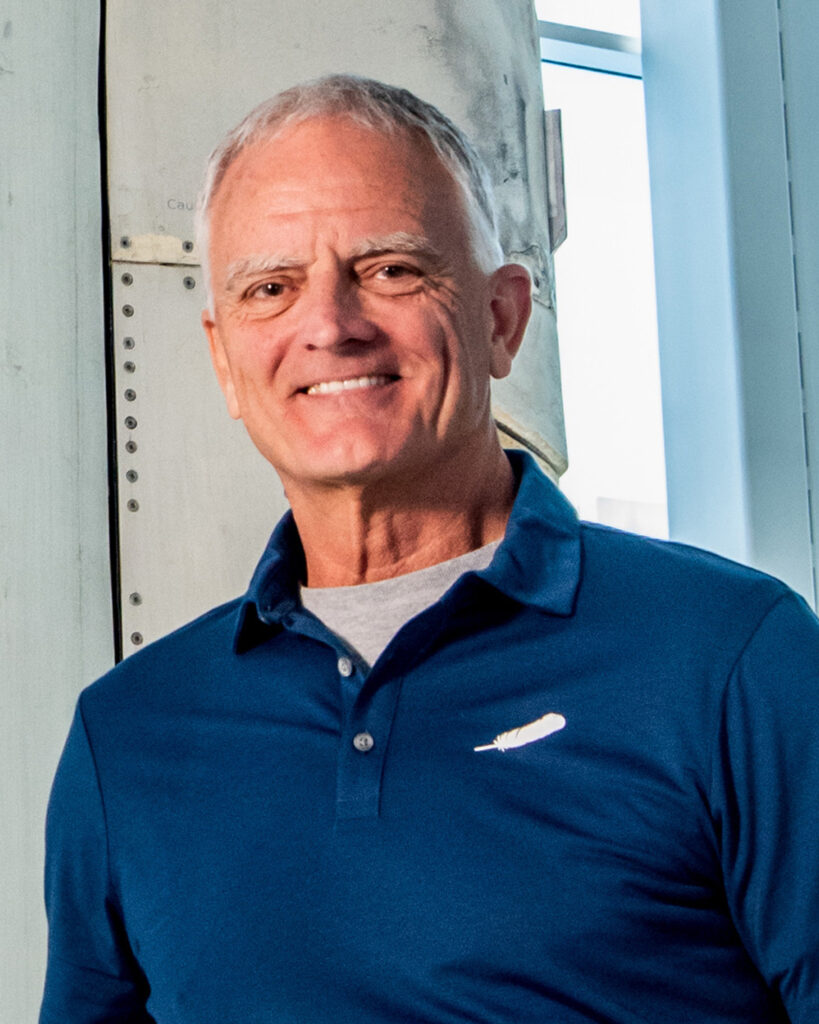In 1998, my colleagues and I watched from the Vehicle Assembly Building at the Kennedy Space Center as one of our experiments rocketed into orbit on the Space Shuttle Columbia. It was thrilling to know that astronauts would be caring for these plants, and doing experiments — our experiments from UF — that would help us better understand life in space. Over the years, we have sent 15 more experiments to space, and the thrill is still there every time.
There are hundreds of scientists and scholars here at UF who are just like us. Their research ranges from the empirical — how to grow plants or design new pharmaceuticals in space — to the abstract — how does space exploration impact human ethics, culture and imagination. Until now, we’ve each worked in our own disciplines and only learned about each other by chance. After all, our various disciplines are spread across UF’s 16 colleges and a dozen professional societies. There has been no real structure at UF to collaborate on space research in ways that would be useful to science, to industry and, indeed, to humanity.
The Astraeus Space Institute is changing that. With Astraeus, UF is making a commitment to promoting a community that is dedicated to space exploration. Space is a vast, challenging place to explore and an environment in need of bold and transformative, yet intellectually moored, approaches to discovery and development.
In awarding the institute $2.5 million through his strategic initiative, former UF President Ben Sasse invited us to “imagine a hub that brings together experts from across UF to revolutionize the way we approach space travel and exploration. The Astraeus Space Institute will be an incredible resource for UF, and it will help us work closely with the brightest minds of our time to solve some of the world’s biggest problems.”
And that’s exactly what we’re doing. The institute offers us a collaborative platform for connecting UF researchers with government, industry and other funders to pursue the big questions we’ll need to answer as we explore the Moon, other planets and deep space, and to help humans thrive beyond Earth.
We worked closely with faculty and students in the College of Journalism and Communications to come up with a fitting name for the institute. Astraeus is a Greek mythological figure with dominion over the stars and planets and the name carries on the long tradition in space discovery of using mythical figures like Mercury, Gemini, Apollo and now Artemis to help people connect with the heavens.
The Astraeus Space Institute is a front door for people with a shared curiosity about our vast universe and the skills to study it. The institute brings together UF scholars from an extensive range of disciplines for collaborative research that supports humanity’s ability to explore the universe and creates new partnerships across various sectors essential to space exploration.
Space Research by the Numbers
$5.9 Billion
Aerospace Industry impact on Florida economy
151,000
Aerospace-related Jobs
72
Orbital missions launched from the Florida Space Coast in 2023
UF already has more than 100 faculty conducting over $13 million in federally funded space-related research, such as studying the effects of spaceflight on human biology, searching for life on Mars, understanding how we will use lunar soils, and exploring exoplanets for potential habitability. We believe our research funding can increase dramatically under the institute.
Using the strategic funding, along with continuing support from UF Research, we are seeding more projects and bringing in new investigators as larger and larger projects are pursued. So far, the Astraeus Space Institute (through the Space Research Initiative) has awarded over $600,000 to faculty across campus.
UF faculty already have many existing partnerships with Space Florida, the Space Life Sciences Laboratory, the United States Space Force and the International Space Station National Laboratory. We see many opportunities to leverage UF’s proximity to Florida’s launch facilities and commercial space industry to advance space science and exploration.
We live in a world where more people will be heading into space than ever before, to do research, to invent, to explore. We want everyone who shares that passion for space to feel that thrill I felt watching my work rocket into the universe, and to have the tools and resources they need to do it — and, yes, even the opportunity to go to space. And we want every federal agency and company that’s part of exploration to know that our university has the science, the research power, the curiosity, the skills, and especially the people, to do all this fantastic work in space.
Source:
Rob Ferl
Director, UF Astraeus Space Institute
robferl@ufl.edu
Hear the Story
The audio version of this story is available on our YouTube.


